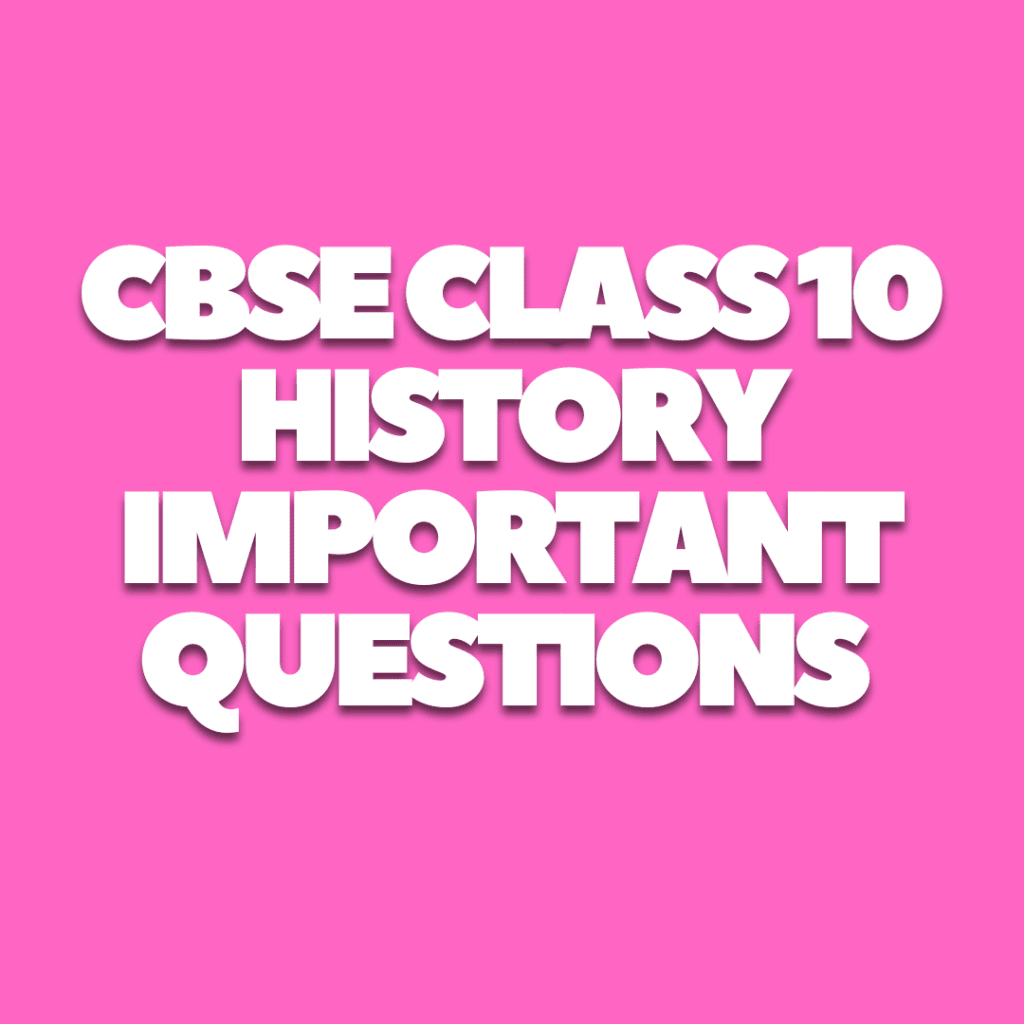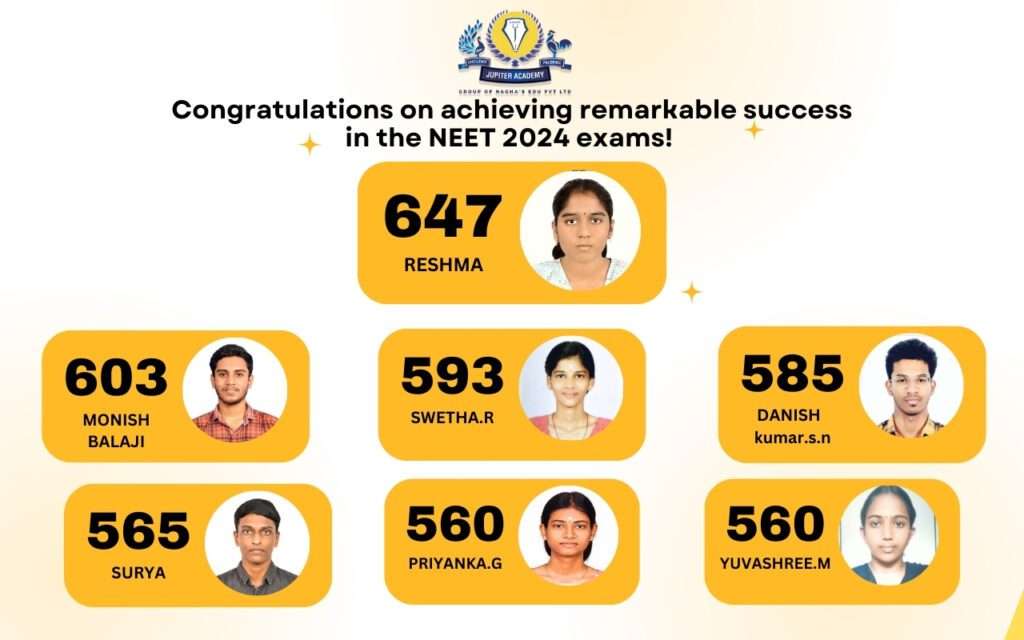CBSE - Central Board of Secondary Education

Central Board of Secondary Education (CBSE) – Overview
The Central Board of Secondary Education (CBSE) is India’s premier education board, affiliated with over 28,000 schools in India and abroad. Known for its comprehensive and structured curriculum, CBSE offers high-quality education, focusing on conceptual clarity, analytical skills, and overall development.
Important Highlights of CBSE Board
 | Central Board of Secondary Education (CBSE) |
| Abbreviation | CBSE |
| CBSE Full Form | Central Board of Secondary Education |
| Type | Governmental Board of Education |
| Founded | 3rd November 1962 |
| Headquarters | New Delhi, India |
| Chairperson | Mr. Manoj Ahuja |
| Phone No. | 011 2250 9256 |
| Official languages | Hindi, English |
| Parent organisation | Ministry of Human Resource Development |
| Official Website | www.cbse.nic.in |
| Tag Line | “Committed To Equity And Excellence In Education” |
Here we have provided the CBSE Board study resources for students’ preparation.
They can directly access it by clicking on the images below.
Why Choose CBSE Board?
- National and International Recognition:
CBSE is recognized across India and internationally by leading universities and colleges. - Balanced Curriculum:
Emphasis on both academics and co-curricular activities fosters well-rounded student development. - Standardized Exams:
National-level board exams (Class 10 & 12) ensure uniform academic benchmarks across CBSE-affiliated schools. - Competitive Exam Alignment:
CBSE’s syllabus aligns with key entrance exams such as NEET, JEE, and CUET, giving students a head start. - Focus on Practical Learning:
CBSE integrates practical experiments, projects, and assignments into the curriculum to make learning engaging.
CBSE Curriculum Structure
Primary & Middle School (Classes 1-8)
- Foundational knowledge in Mathematics, Science, Social Studies, Languages, and Environmental Studies (EVS)
- Emphasis on communication skills, arts, sports, and ICT (Information & Communication Technology)
- Development of analytical and problem-solving abilities
Secondary School (Classes 9-10)
- Core Subjects: Mathematics, Science, Social Science, Languages (English, Hindi, Sanskrit, etc.)
- Board Examination at the end of Class 10 evaluates students on a national level
- Introduction to life skills, career awareness, and basic financial literacy
Senior Secondary School (Classes 11-12)
Students can choose streams according to their career interests:
- Science Stream: Physics, Chemistry, Mathematics/Biology, Computer Science
- Commerce Stream: Accountancy, Business Studies, Economics, Mathematics
- Humanities Stream: History, Geography, Political Science, Psychology, Sociology
- Practical exams alongside theoretical ones to enhance hands-on learning
- Preparation for competitive exams like JEE, NEET, CUET, CA Foundation, etc.
CBSE Board Exams – An Overview
Class 10 Board Exams
- Subjects: Mathematics, Science, Social Science, English, and one additional language
- Students receive a CGPA-based result (Cumulative Grade Point Average) along with individual subject scores
Class 12 Board Exams
- Students appear for stream-specific exams in Science, Commerce, or Humanities
- Results play a crucial role in securing admission to universities and professional courses
Grading System and Assessment
CBSE follows a continuous and comprehensive evaluation (CCE) method to assess students throughout the academic year. Key features include:
- Formative Assessments: Regular quizzes, assignments, and class participation
- Summative Assessments: Midterm and final examinations
- Practical Exams: Hands-on projects and laboratory-based assessments for science subjects
- Grades vs. Marks: Board results reflect both grades and percentile ranks, encouraging holistic learning over rote memorization.
CBSE and Competitive Exams
CBSE’s curriculum is designed to align with the syllabus of national-level entrance exams like:
- NEET (National Eligibility cum Entrance Test) – For medical aspirants
- JEE (Joint Entrance Examination) – For engineering aspirants
- CUET (Common University Entrance Test) – For admissions to central universities
CBSE Board Grading System
Students are awarded grades and not marks. The CBSE results are declared in 2 categories: Eligible for Improvement of Performance (EIOP) or Eligible for Qualifying Certificate (QUAL).
1. CBSE Board Grading System for Primary Classes
Percentage | Grade | Remark |
| 90% to 100% | A* | Outstanding |
| 75% to 89 % | A | Excellent |
| 56% to 74 % | B | Very Good |
| 35% to 55 % | C | Good |
| Below 35 % | D | Scope for improvement |
2. CBSE Secondary School Grading System
Grade | Marks | Grade Points |
| A1 | 91-100 | 10 |
| A2 | 81-90 | 9 |
| B1 | 71-80 | 8 |
| B2 | 61-70 | 7 |
| C1 | 51-60 | 6 |
| C2 | 41-50 | 5 |
| D | 33-40 | 4 |
| E1 | 21-32 | 0 |
| E2 | 20 and below | 0 |









